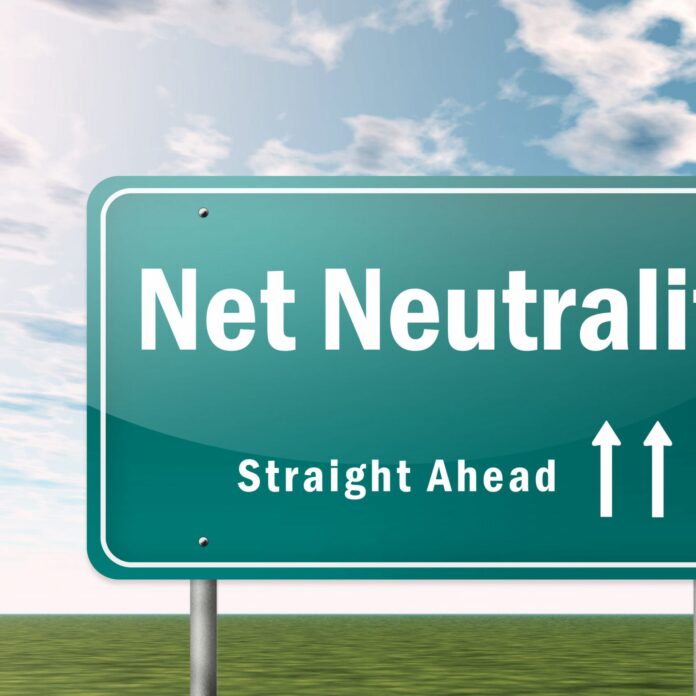Calls FCC net neutrality decision ‘so damn important’
WASHINGTON – Tom Wheeler, chairman of the Federal Communications Commission, remains confident in net neutrality regulations and brushed off legal challenges to the open Internet order.
Wheeler was asked at the TechCrunch Disrupt conference in New York City what his agency planned to do if the open Internet order is not upheld in court.
“Not to lose,” Wheeler said. “That’s the short-term plan.”
Net neutrality has grown in Washington, D.C., from a wonky subject discussed by lobbyists and industry insiders into a major partisan issue.
Republicans particularly are not happy with the FCC’s decision. Rep. Marsha Blackburn (R-Tenn.) said, “The Internet does not need the intervention of the FCC, so let’s nail that down first, and then let’s decide if it needs any other assistance or oversight or rules put in place by Congress.”
Rep. Doug Collins (R-Ga.), the No. 2 on the House Judiciary Committee was far less civil: “The agency is stretching old definitions to fit its regulatory agenda. Only businesses with the greatest resources will survive Washington, D.C.’s latest bureaucratic expansion into a growing and dynamic industry, particularly mobile broadband.
“The FCC likely forged its net neutrality solution under political pressure and will continue to attempt to grow its power in secret, despite Congress’ authority in this matter,” Collins added. “My House colleagues and I want a free and open Internet, one that increases access and participation, but legislating solutions needs to happen in public, in the halls of Congress.”
The communications industry has also pushed back against the FCC’s new set of rules.
Several companies and trade associations including CTIA, the Wireless Association and formerly the Cellular Telephone Industries Association, have filed suit against the FCC in federal court to block or dismantle the open Internet act entirely.
CTIA Chairman Ron Smith justified legal action. “Instead of letting consumers decide the success of new, innovative mobile services, government bureaucrats will now play that role,” he said. “National, regional and rural wireless carriers will spend substantial time and resources trying to comply with the new vague and overbroad rules.”
Democrats, meanwhile, have rallied to defend the FCC. Sen. Nancy Pelosi (D-Calif.) said the open Internet order is fundamental to freedom, and Rep. Anna Eshoo (D-Calif.) has drafted legislation that would allow the FCC to conduct more of its business away from public scrutiny, a move in opposition to Republican-backed legislation requiring more transparency.
Wheeler called the FCC’s open Internet order “the most stringent and expansive open Internet rules in history.”
He also pointed out that the FCC seems to have public opinion on its side; during the open comment period, the agency received some 3.7 million comments, the majority of which pushed for Internet freedom.
“That’s why this decision was so damn important,” Wheeler said. “Whether those comments were for or against the net neutrality rules. I think that the bulk of the comments indicated how, when you’re talking about the Internet, you’re talking about something very personal to people. And they then used that personal medium of theirs to express themselves. That was what was significant.”

